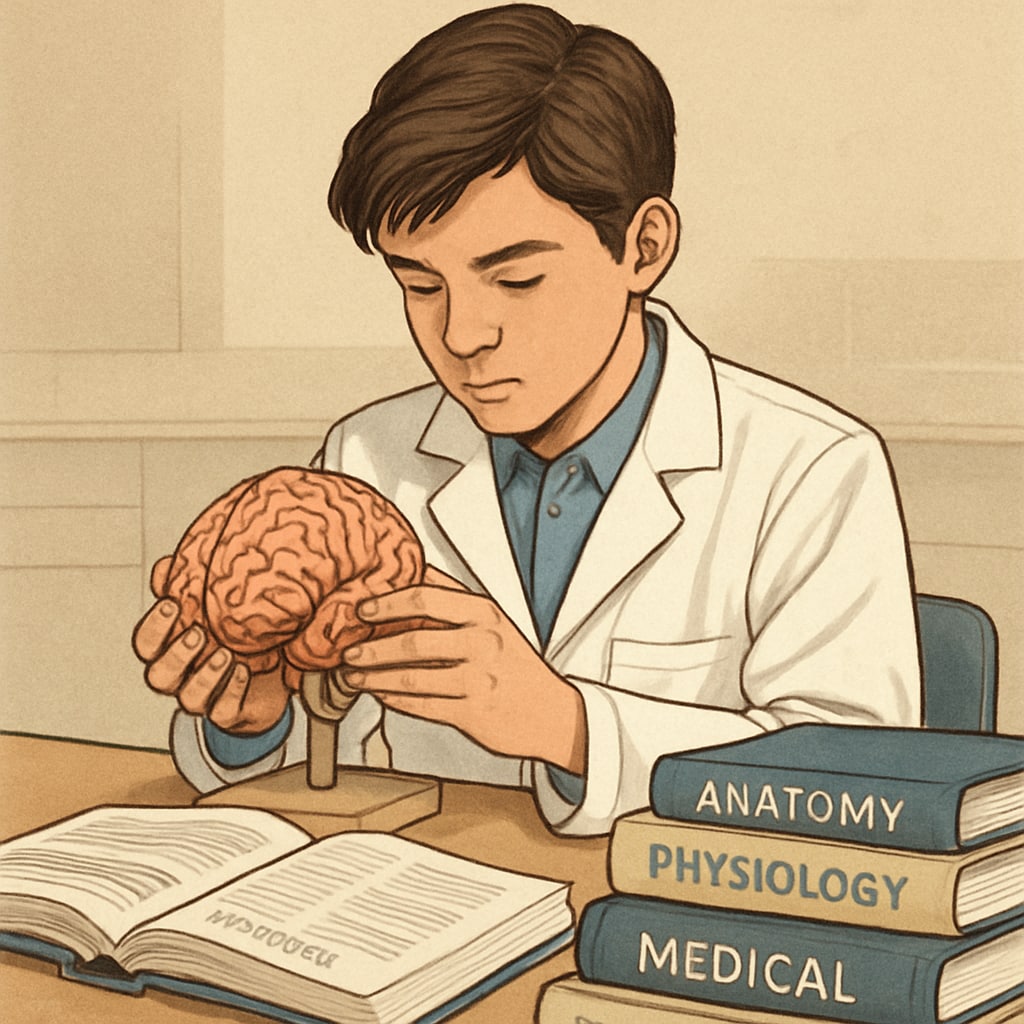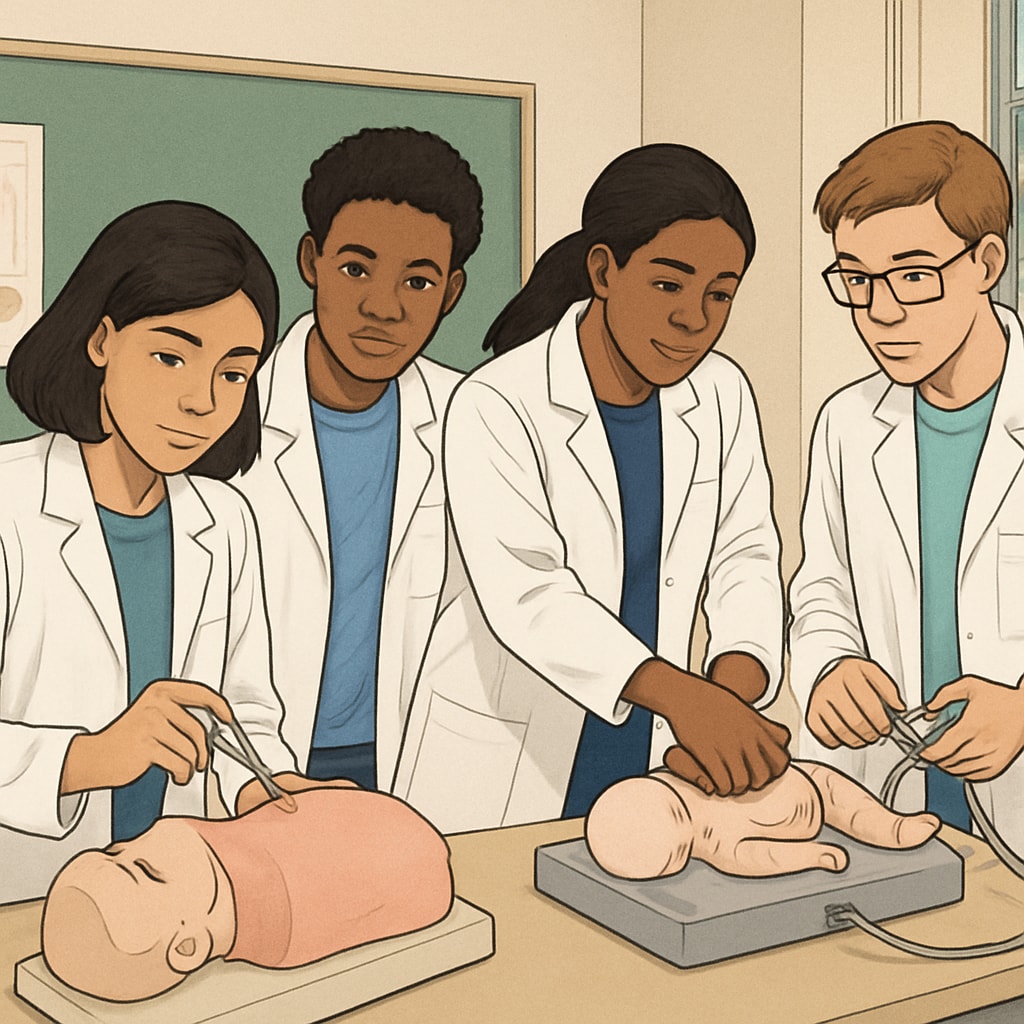“Academic achievement, talent cultivation, and career planning” form the cornerstone for high-performing students pursuing ambitious medical goals. This guide examines how a mathematically gifted ninth grader can strategically access advanced learning resources to prepare for a neurosurgical career. We’ll analyze specialized educational approaches and provide actionable recommendations for students, parents, and educators.

Identifying and Nurturing Exceptional Academic Potential
Gifted students demonstrate distinct learning characteristics that require tailored educational approaches. According to the National Association for Gifted Children, these learners typically show:
- Rapid comprehension of complex concepts
- Intense curiosity in specialized topics
- Ability to make advanced connections between disciplines
For our case study student, early recognition of mathematical prowess allowed for targeted acceleration in STEM subjects. However, medical career preparation demands a broader skill set beyond technical abilities.
Building a Comprehensive Pre-Medical Foundation
Successful medical professionals require balanced development across multiple domains. The Association of American Medical Colleges emphasizes these core competencies:
- Scientific knowledge (biology, chemistry, physics)
- Critical thinking and problem-solving
- Communication and interpersonal skills
- Research experience and clinical exposure
Therefore, our student’s resource plan must extend beyond advanced mathematics to include these essential areas.

Strategic Resource Acquisition for Aspiring Neurosurgeons
High-achieving students benefit from a systematic approach to supplemental learning:
- Accelerated Courses: Enroll in AP or IB programs for science and math
- Specialized Programs: Join summer institutes at university medical centers
- Mentorship: Connect with neurosurgery professionals through shadowing programs
- Research Opportunities: Participate in high school research initiatives
By implementing these strategies, students can develop both the technical expertise and practical experience needed for medical careers.
Ultimately, supporting exceptional learners requires understanding their unique needs while providing comprehensive growth opportunities. With proper guidance and access to appropriate resources, gifted students can successfully navigate the challenging path toward becoming future neurosurgeons.


